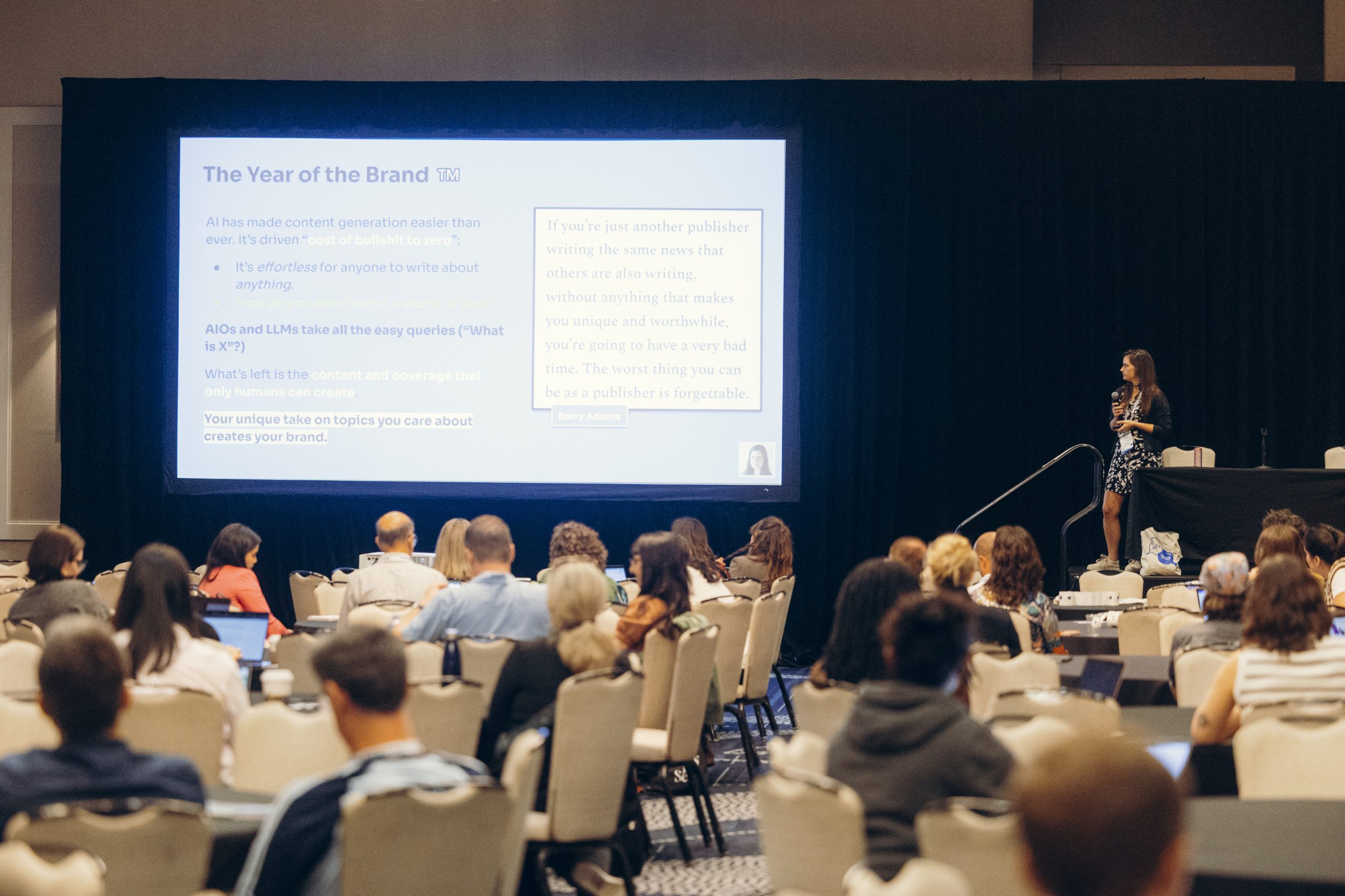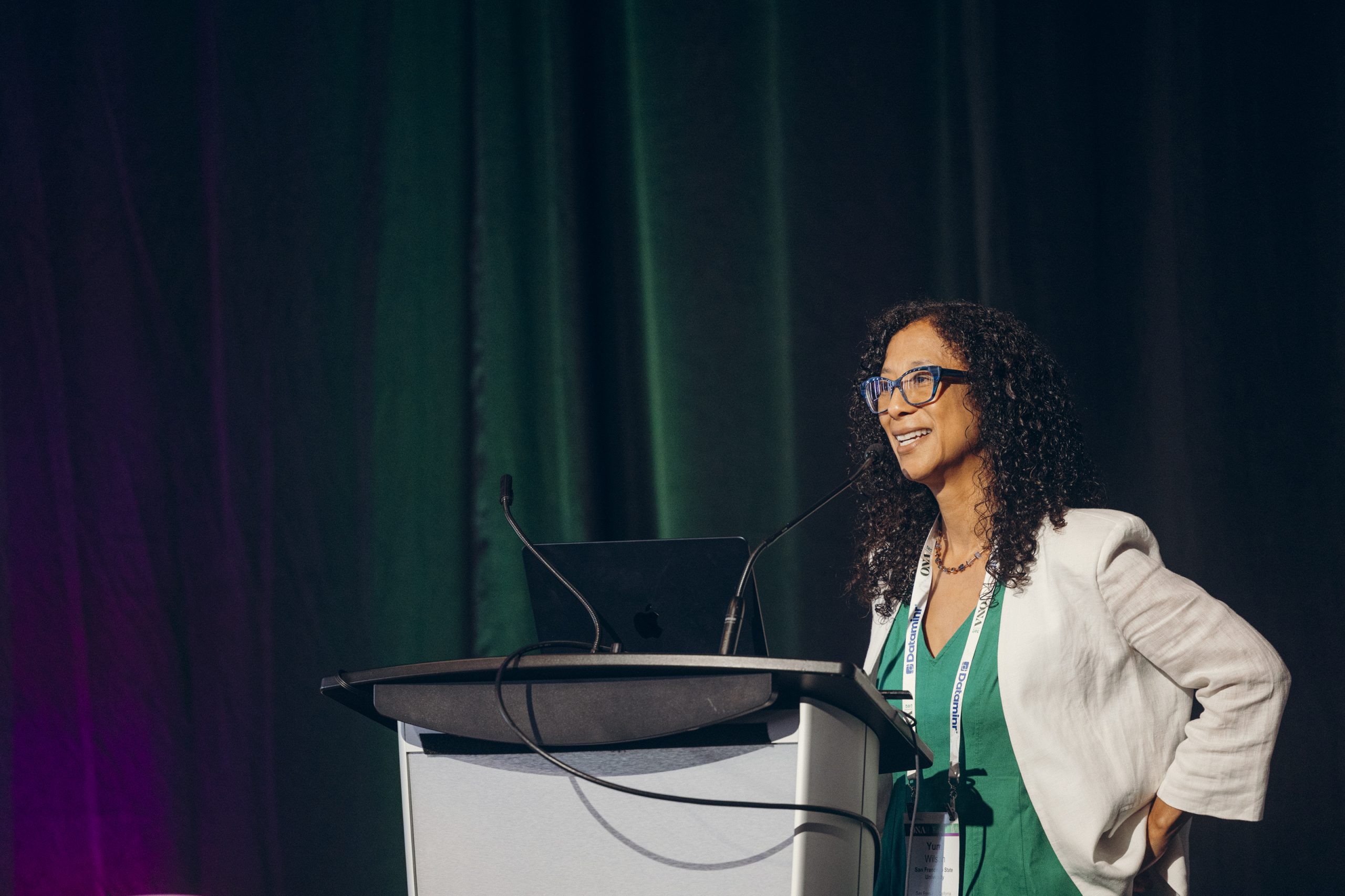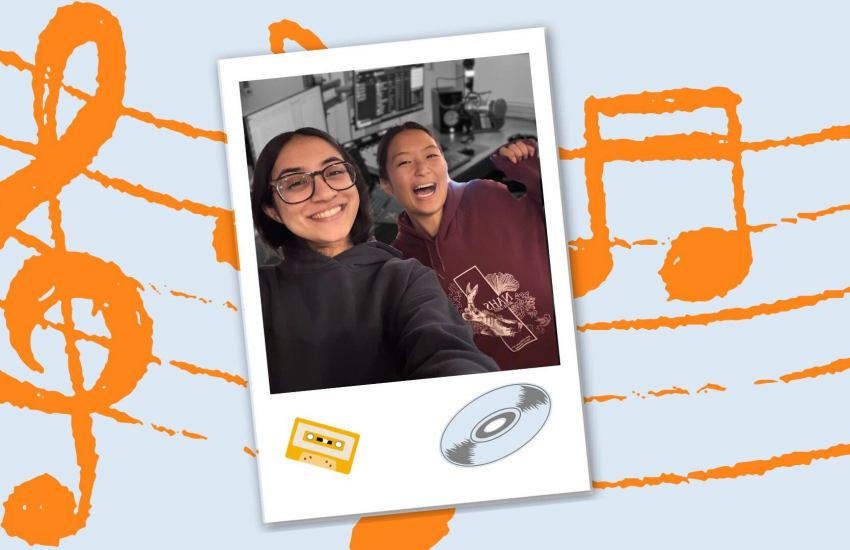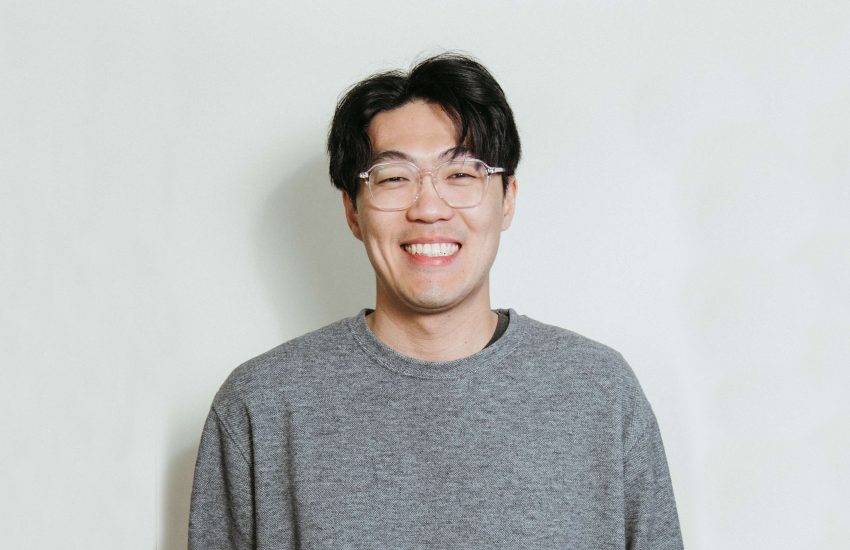From ONA25: AI Strategies That Any Journalist Can Try
Hundreds of journalists gathered in New Orleans earlier this month for the Online News Association’s annual conference. This year, ONA focused heavily on artificial intelligence, along with climate and resilience. Some highlights of the sessions on AI:
Prompt Like A Pro: AI Skills Every Journalist Needs, Yumi Wilson
The Big Idea: Journalists can use generative AI to help with tasks such as figuring out story angles, creating backgrounders from past reporting, optimizing headlines for SEO, and repurposing stories across formats — such as turning a video script into an article or social media post. But to do this well, you need to know how to write good prompts.
Wilson’s prompting formula is:
- Clarity – What EXACTLY do you want AI to do?
- Context – What background does AI need? (For example: the geographic area you cover)
- Role – Who should AI act as?
- Intent – Why are you using this prompt?
Example prompt from Wilson for AI: “Act as a journalist. Generate three fresh story angles about the rise of electric vehicles in rural America. Make them suitable for a feature in a regional newspaper, ~300 words each.”
She cautioned that journalists, and anyone using generative AI, cannot assume their privacy is guaranteed. She recommended that users check their settings to ensure their prompts and data aren’t being used to train the models.
To Learn More: Yumi Wilson shares her tips for journalists using AI.

In An AI World, Your Brand and People are Your Advantage, Jessie Willms and Shelby Blackley of ‘WTF is SEO?’
The Big Idea: With AI-generated search summaries cannibalizing web traffic, easy clicks to a news website are off the table. Willms and Blackley argue that newsrooms now need to excel at something your audience wants — and deliver content that AI can’t create.
Their solution is building your news organization’s brand, especially by investing in your writers. They recommended showcasing an author’s EEAT (a Google-created acronym meaning Experience, Expertise, Authoritativeness, and Trust), such as having thorough bios displayed on article pages and hosting informal Q&A sessions with readers on your site or social media platforms like Reddit.
To Learn More: Willms and Blackley write about this topic regularly in their newsletter ‘WTF is SEO?’ (and this post includes their slides and tip sheet from their ONA session!)
From RAGS to Riches: Revenue Opportunities in the Emerging AI Content Licensing Market, Courtney Radsch, Olivia Joslin, Gregory Love, and Alexandra Taylor
The Big Idea: The companies that create the large language models behind generative AI require a lot of high-quality data. Now, a new market is forming to help publishers, including newsrooms, license their content to AI companies. Courtney Radsch moderated the panel with representatives from three companies working on AI licensing: Olivia Joslin, co-founder and COO of TollBit; Gregory Love, Head of Partnerships at ScalePost; and Alexandra Taylor, co-founder and COO of Sphere.
AI companies are willing to pay for high-quality data, especially when it includes extensive knowledge on a specific subject, the panelists said. Love noted that specialized AI companies are more likely to pay for content because they need deeper information to differentiate their products. He added that these companies are also more likely to be philosophically inclined to pay for the data they use.
Joslin called the current era of AI data collection similar to “the Napster days” in the music world. Rausch wondered if eventually publishers and AI companies would enter a type of licensing agreement that is similar to what the music industry has with organizations like ASCAP.
Moderator Courtney Radsch made the case that journalists shouldn’t be afraid to use clear language about generative AI. For example, she said reporters should call AI mistakes “errors” instead of “hallucinations.” Read more about her work as Director of the Center for Journalism and Liberty at the Open Markets Institute.
Quick Hits
- Nikita Roy of Newsroom Robots presented a session called What AI Means for the Future of Your Newsroom
- Jeremy Caplan of Wonder Tools presented 25 Super Useful Sites and Apps to Boost Your Toolkit, and many of those tools include AI
- Lynn Walsh from Trusting News hosted AI Literacy Starts With Us: How Newsrooms Can Lead The Conversation, and you can find an AI trust kit from Trusting News online
ONA’s next conference will be held in from March 30 to April 1 in Chicago. The organization offers discounted membership and conference admission to students. Conference volunteers can also receive discounted admission.





